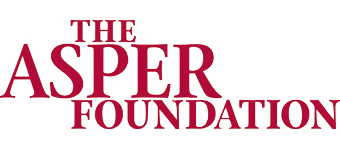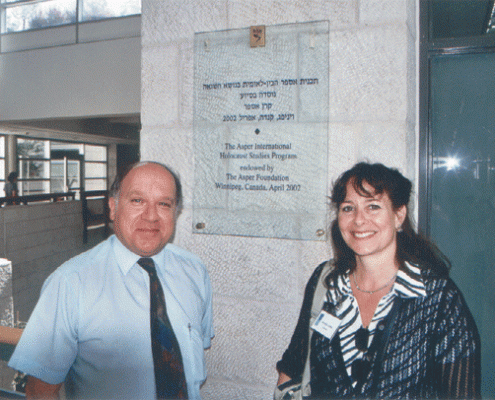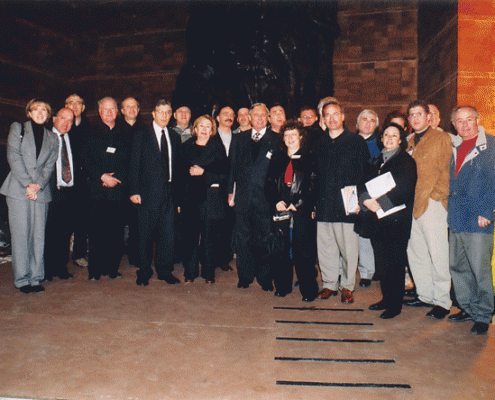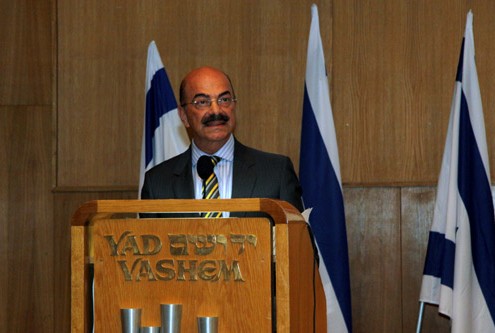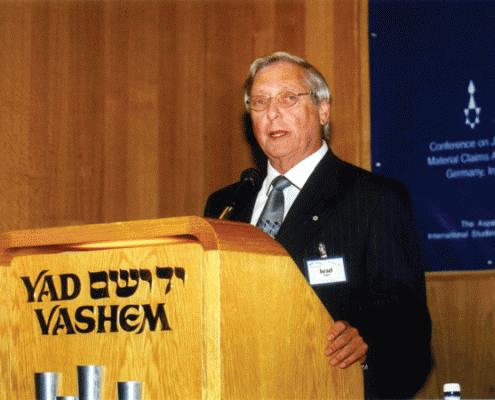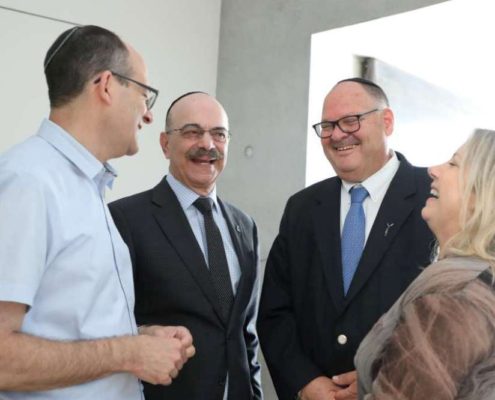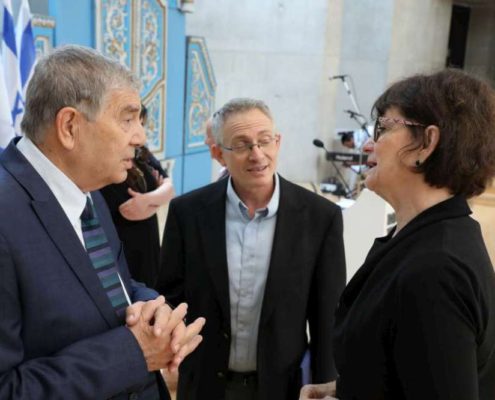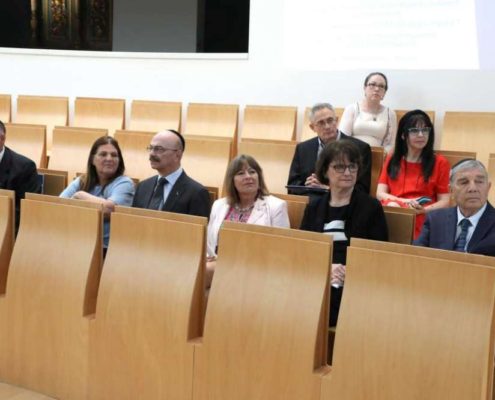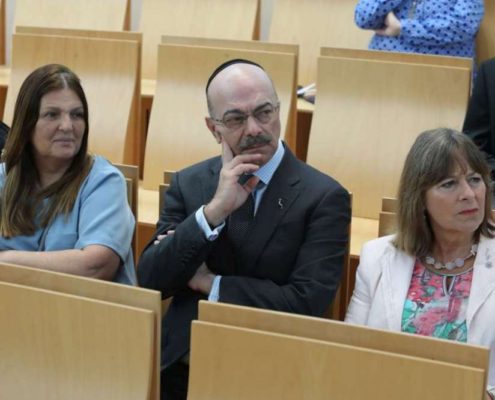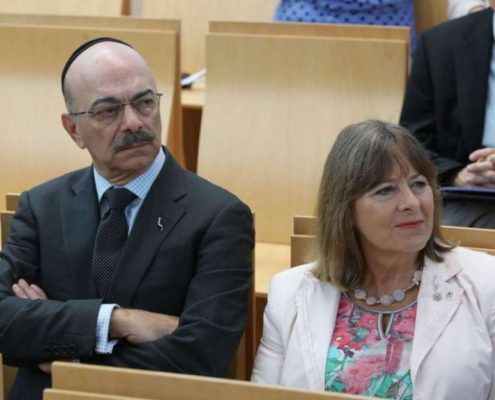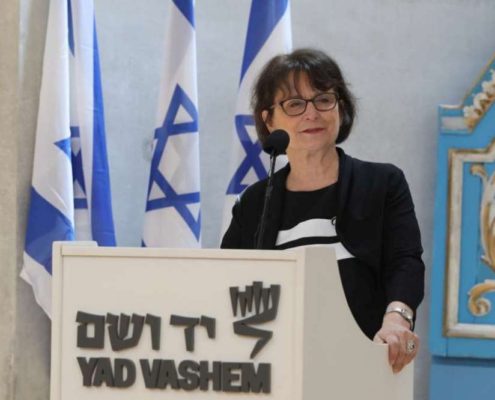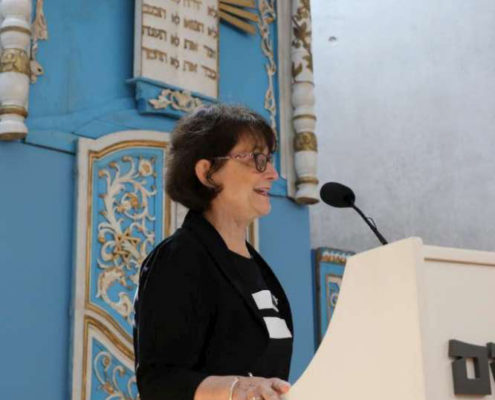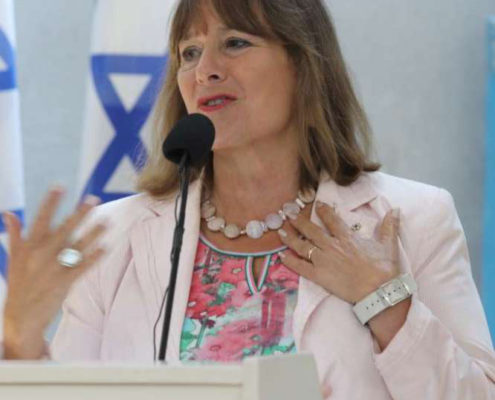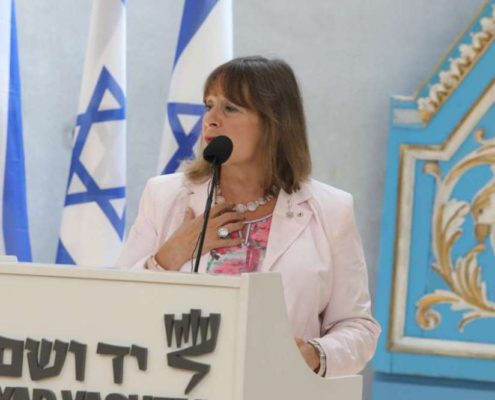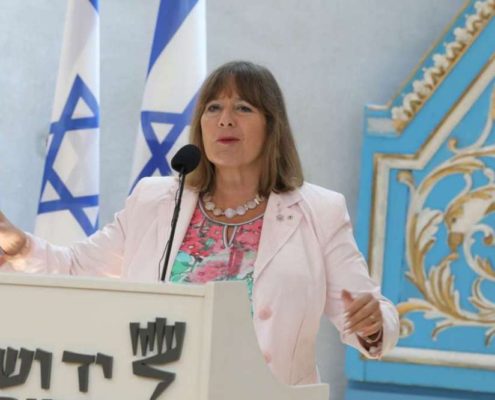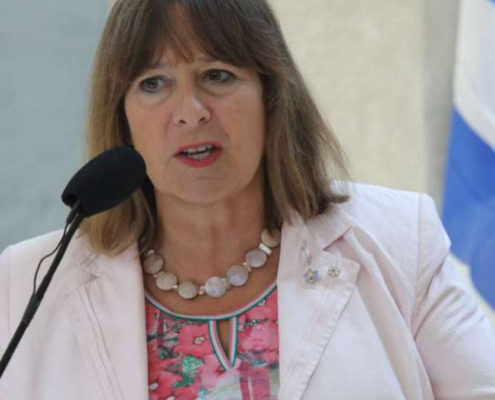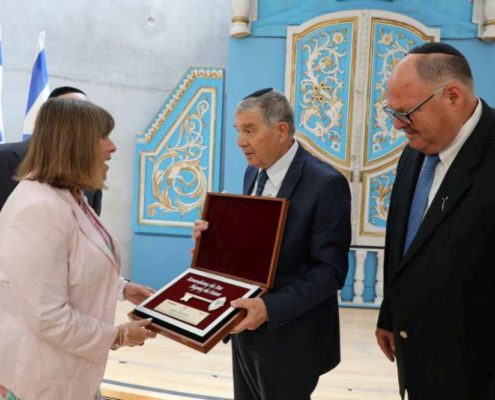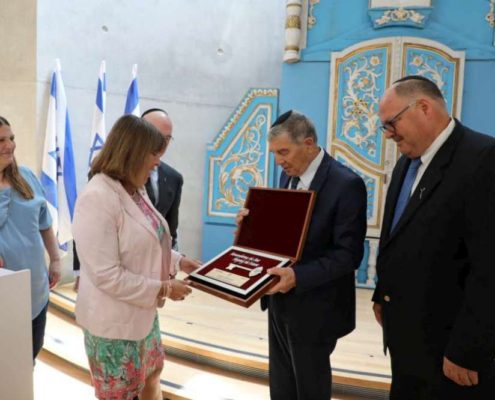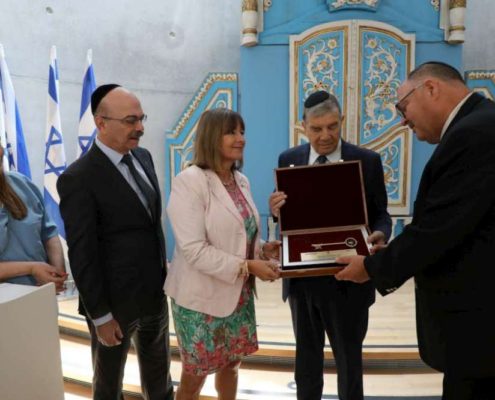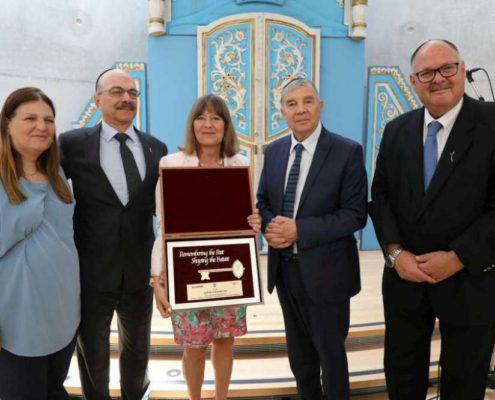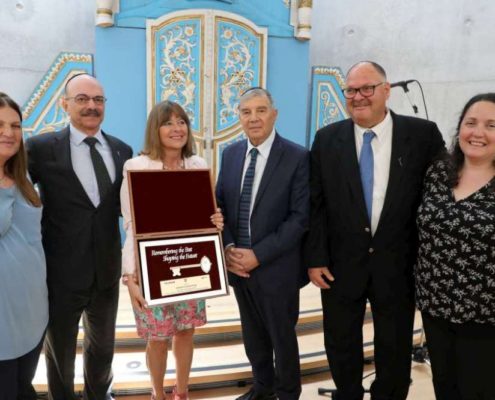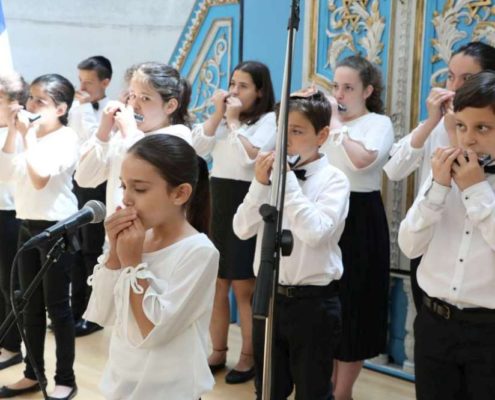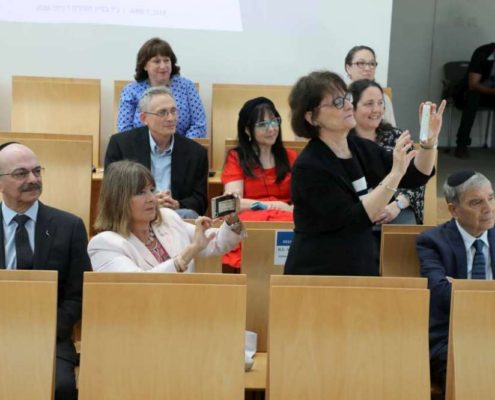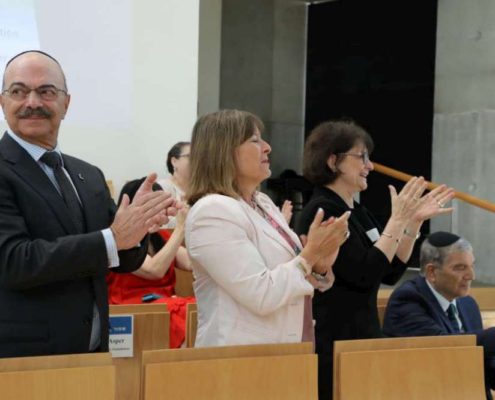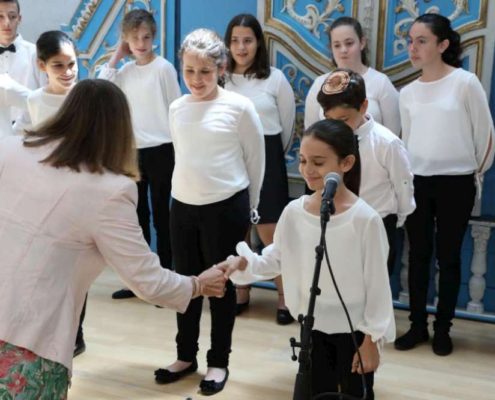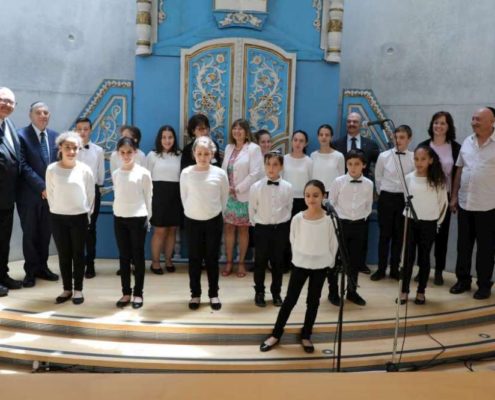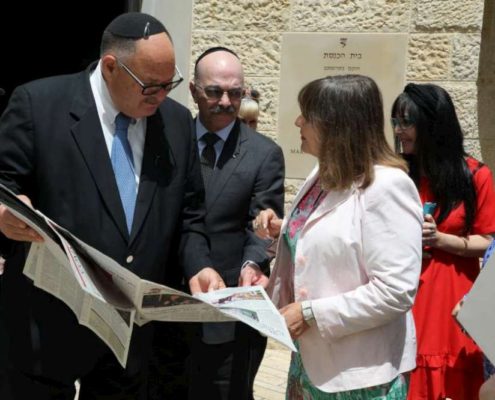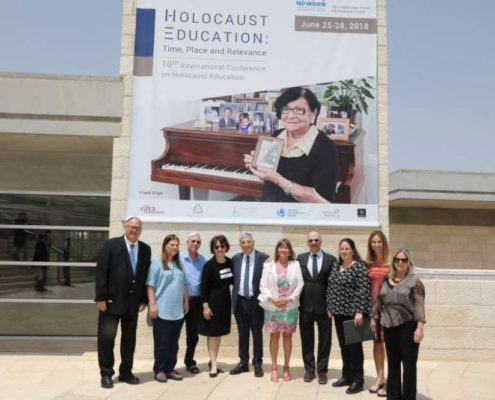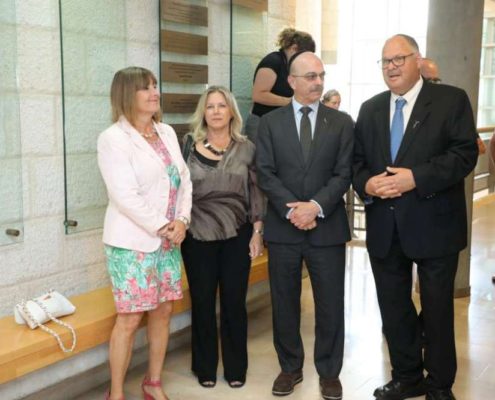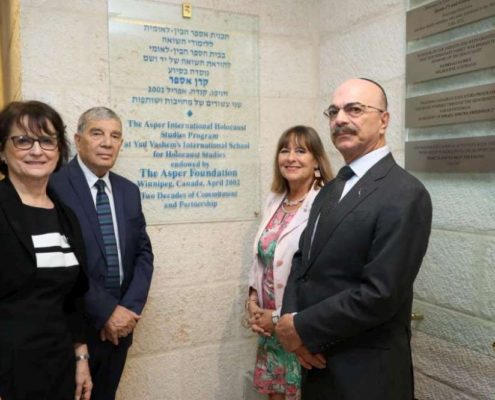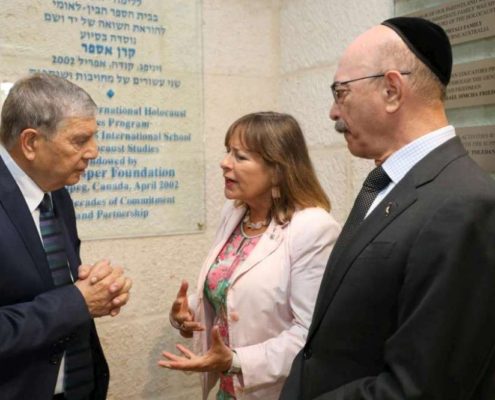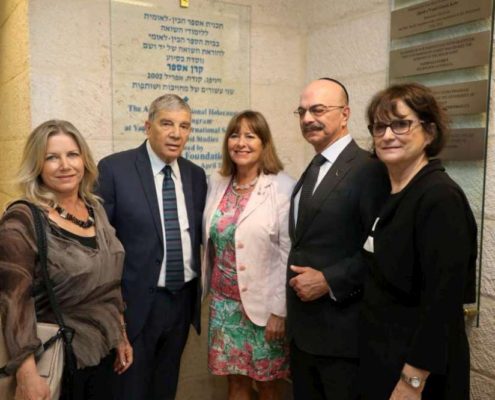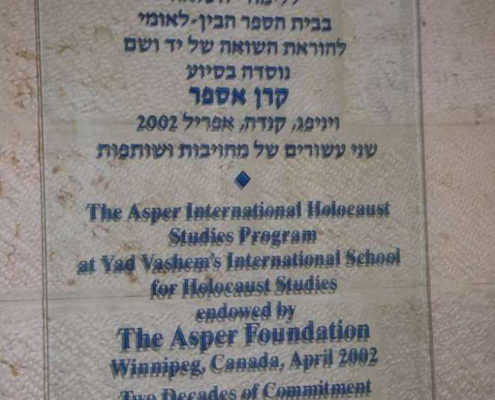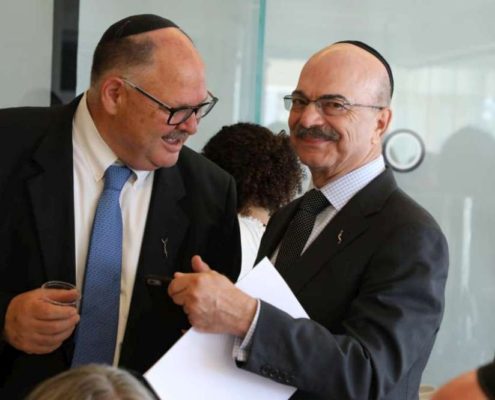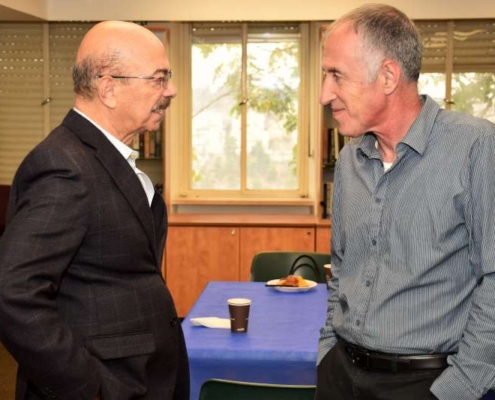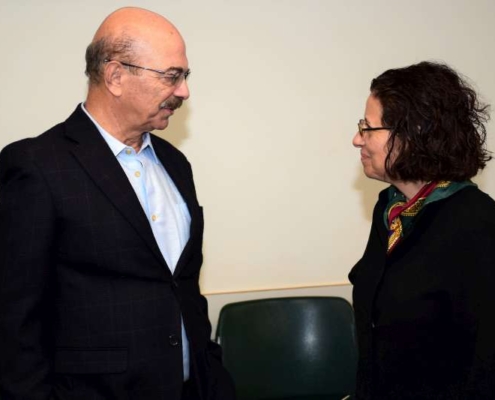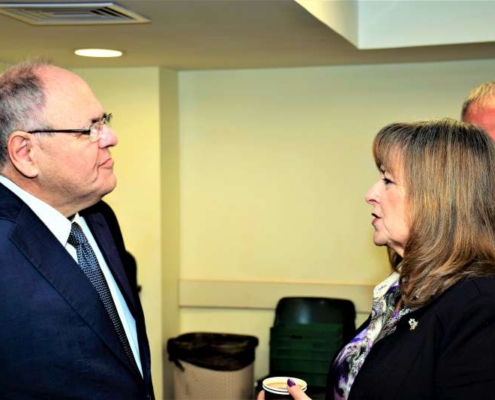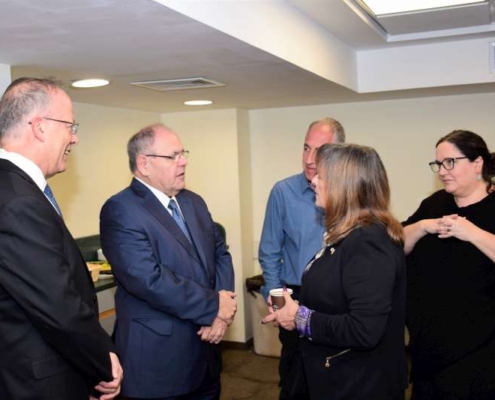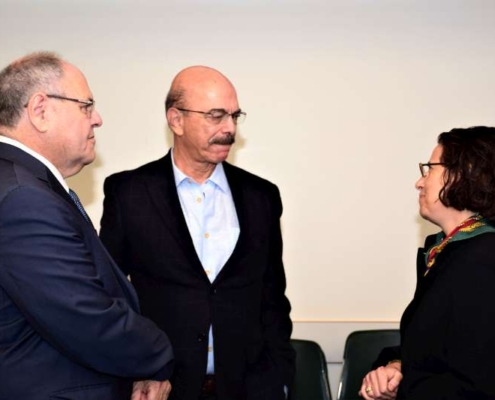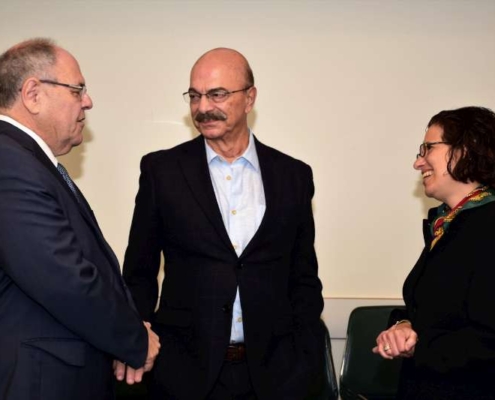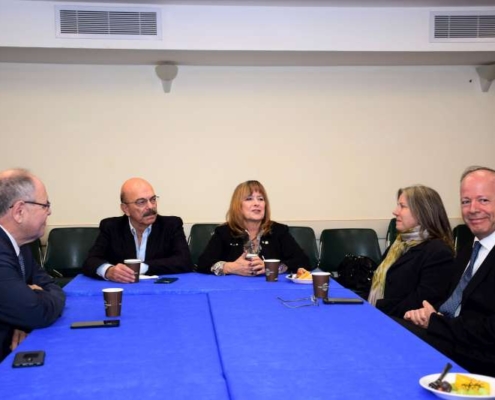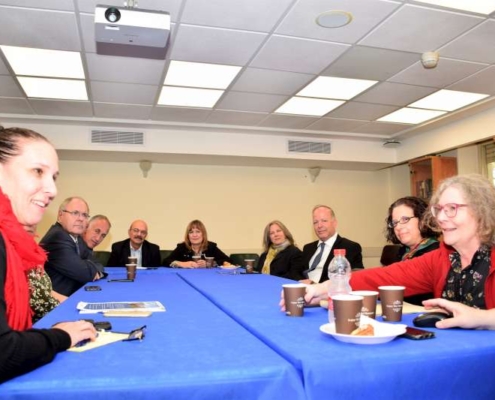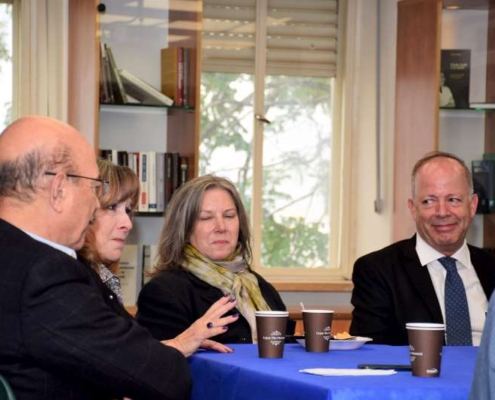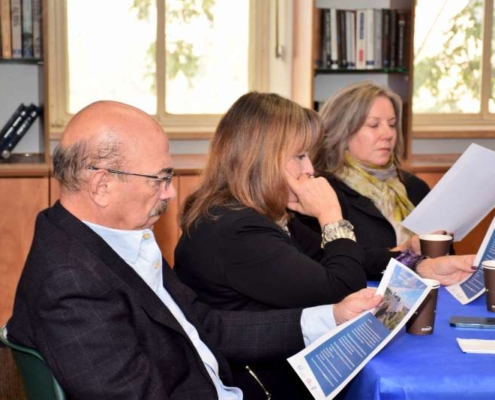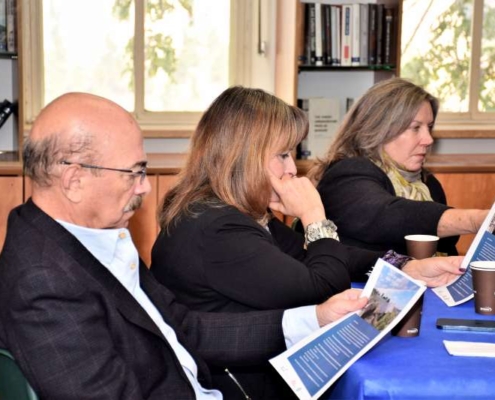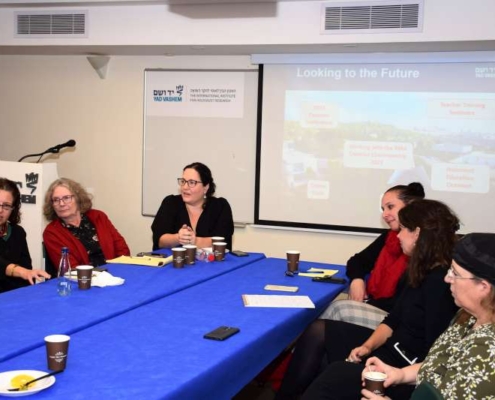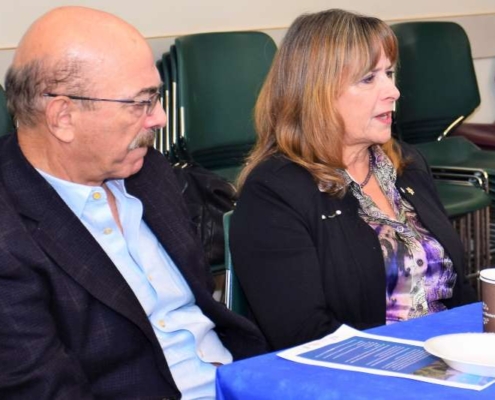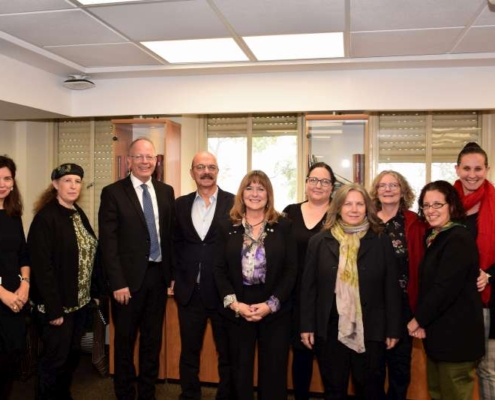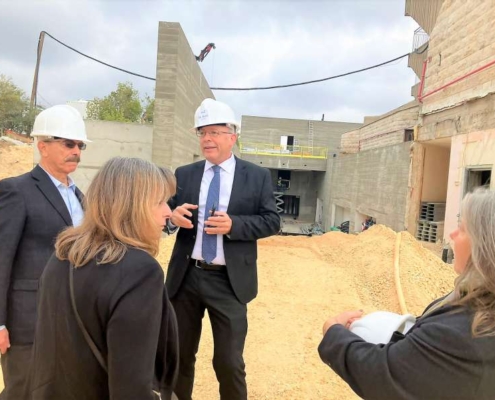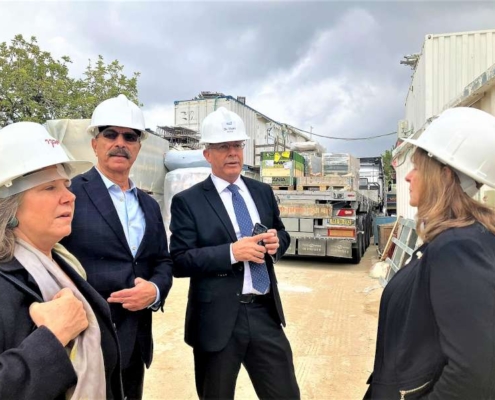Related Articles & Links
- Yad Vashem: The Asper International Holocaust Studies Program
- Article: Gail Asper – Be a ‘lifter’ and not a ‘leaner’ (The Jerusalem Post, 6/10/22)
- Article: Interview of Gail Asper (Yad Vashem Jerusalem Magazine, Winter 2022)
- Video: Overview of Yad Vashem International Seminar for Educators (February 2022)
- Article: The Asper Foundation Named Yad Vashem Pillar (Yad Vashem 2019 Annual Report)
- Article: The Asper Foundation: Twenty Years of Friendship and Support (Yad Vashem Jerusalem Magazine, June 2018)
- Video: Tribute Ceremony Marking Two Decades of The Asper International Holocaust Studies Program
- Media Release: Yad Vashem Marks Twenty Years of Friendship and Support of The Asper Foundation of Canada
- Ceremony Invitation
- Video: Yad Vashem – The Asper International Holocaust Studies Program (Yad Vashem, 2017)
- Article: “The Shoah and Jewish Identity” – First International Conference for Jewish Educators (Yad Vashem Jerusalem Magazine, February 2017)
- Article: “This Could Only Happen at Yad Vashem” – International Jewish Educators Conference (Jerusalem Post Magazine / Jerusalem Post International, 1/7/17)
- Article: The Shoah in Contemporary Jewish Identity – Final Day of Jewish Educators Conference (Yad Vashem, 12/29/16)
- Article: First International Conference of Jewish Educators Opens at Yad Vashem (The Jewish Voice, 12/28/16)
- Article: Asper International Holocaust Studies Program Forges Ahead (Yad Vashem Quarterly Magazine, Vol. 80, June 2016)
- Article: Teaching the Core – The Eight International Conference on Holocaust Education: The Asper Foundation Renews Support for Holocaust Education (Yad Vashem Quarterly Magazine, July 2012)
Yad Vashem: The Asper International Holocaust Studies Program
The Asper International Holocaust Studies Program at Yad Vashem’s International School for Holocaust Studies
In April 2002, at the opening session of the International Conference on The Legacy of Holocaust Survivors: The Moral and Ethical Implications for Humanity, The Asper International Holocaust Studies Program was launched at Yad Vashem’s International School for Holocaust Studies. The program includes: Biannual international conferences, international outreach, professional development and training programs for educators, international seminars for educators from English-speaking countries and The Task Force for International Cooperation on Holocaust Education, Remembrance and Research (a joint venture between governments and educators dealing with Holocaust denial, racism and xenophobia).
Key Programming
Educational Outreach in English Speaking Countries
As part of the mission of the International School for Holocaust Studies and the Asper Program, Yad Vashem reaches as many educators as possible, each year, and trains them how to properly teach the Holocaust. In order to achieve this, many Yad Vashem educators travel abroad to engage new audiences. They recruit participants for Yad Vashem seminars, conduct pre-seminar programming and conduct crucial follow-up programs for graduates of Yad Vashem seminars in Israel.
While this is usually done in person, during the COVID-19 pandemic, travel was completely curtailed and the outreach efforts were shifted to online. This enabled Yad Vashem to reach hundreds of thousands of learners in 15 languages, via webinars, zoom lectures, online workshops, and filmed content. It also spurred a new online course for educators called “Life Lessons – Bringing Holocaust History to Your Classroom.”
International Holocaust Remembrance Alliance (IHRA)
As part of the mission of the International School for Holocaust Studies, The Asper Foundation underwrites Yad Vashem’s participation in The International Holocaust Remembrance Alliance (IHRA), an intergovernmental organization founded in 1998. The IHRA unites governments and experts to strengthen, advance and promote Holocaust education, research and remembrance worldwide and to uphold the commitments of the Declaration of the Stockholm International Forum on the Holocaust. The IHRA has 34 member countries, one liaison country and seven observer countries.
